![The Facade of Indian Strategic Autonomy Prime Minister Narendra Modi with External Affairs Minister S. Jaishankar at an official event. [Photo Courtesy: Praveen Jain via The Print].](https://southasiatimes.org/wp-content/uploads/2026/02/20-scaled-e1755601883425-1024x576-1.webp)
The Facade of Indian Strategic Autonomy
India’s strategic autonomy faces pressure as US trade leverage, energy dependence, and defence ties test New Delhi’s balancing doctrine.
![The Facade of Indian Strategic Autonomy Prime Minister Narendra Modi with External Affairs Minister S. Jaishankar at an official event. [Photo Courtesy: Praveen Jain via The Print].](https://southasiatimes.org/wp-content/uploads/2026/02/20-scaled-e1755601883425-1024x576-1.webp)
India’s strategic autonomy faces pressure as US trade leverage, energy dependence, and defence ties test New Delhi’s balancing doctrine.
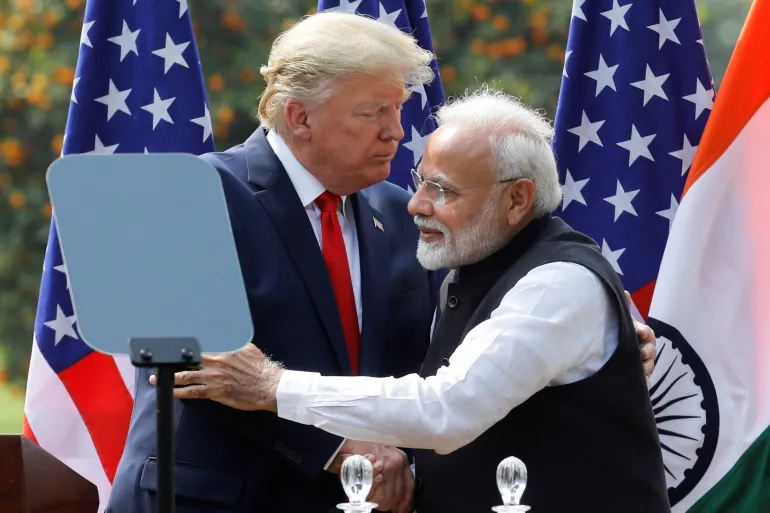
Washington’s new security lens is transactional. Partnerships must pay. For India, sentiment won’t suffice, deliverables will.

For more than five decades the Pakistan Atomic Energy Commission has developed a nationwide network of twenty Atomic Energy Cancer Hospitals, the recent one constructed in Muzaffarabad, Azad Jammu and Kashmir. These hospitals treat over 40,000 new cancer patients every year where around one million cancer-related procedures performed annually. Together, they treat approximately 80 percent of the country’s cancer burden.
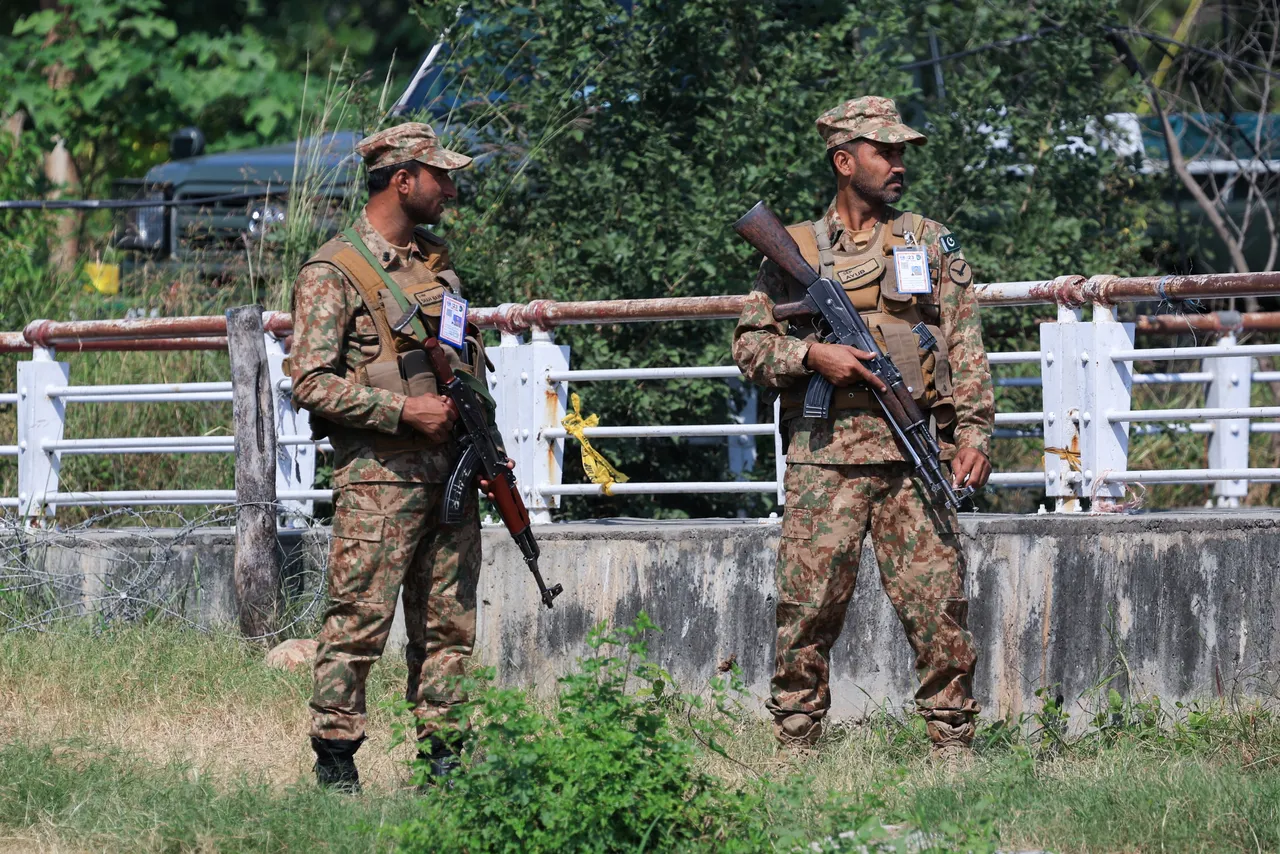
The discourse surrounding Tirah Valley highlights a widening gap between political narrative and humanitarian reality. While propaganda targets security forces, political action reveals where priorities truly lie.

India aims to rename Indus Valley Civilization, fueling debates over history, identity, and regional politics.

Digital Control is reshaping freedom; the Ummah faces economic and moral enslavement if we stay asleep.
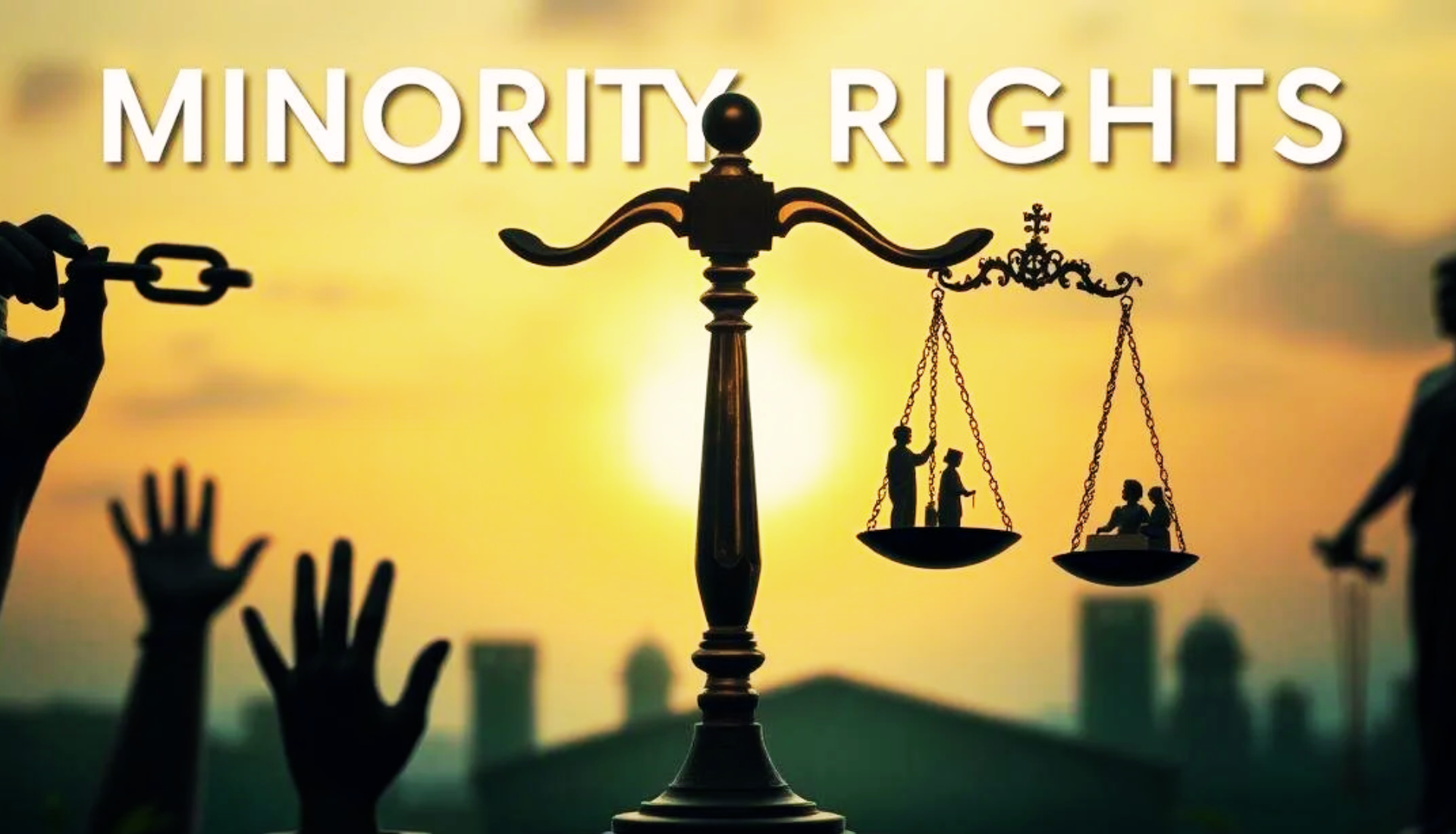
Minority Rights in India face challenges despite constitutional promises of equality and political representation.
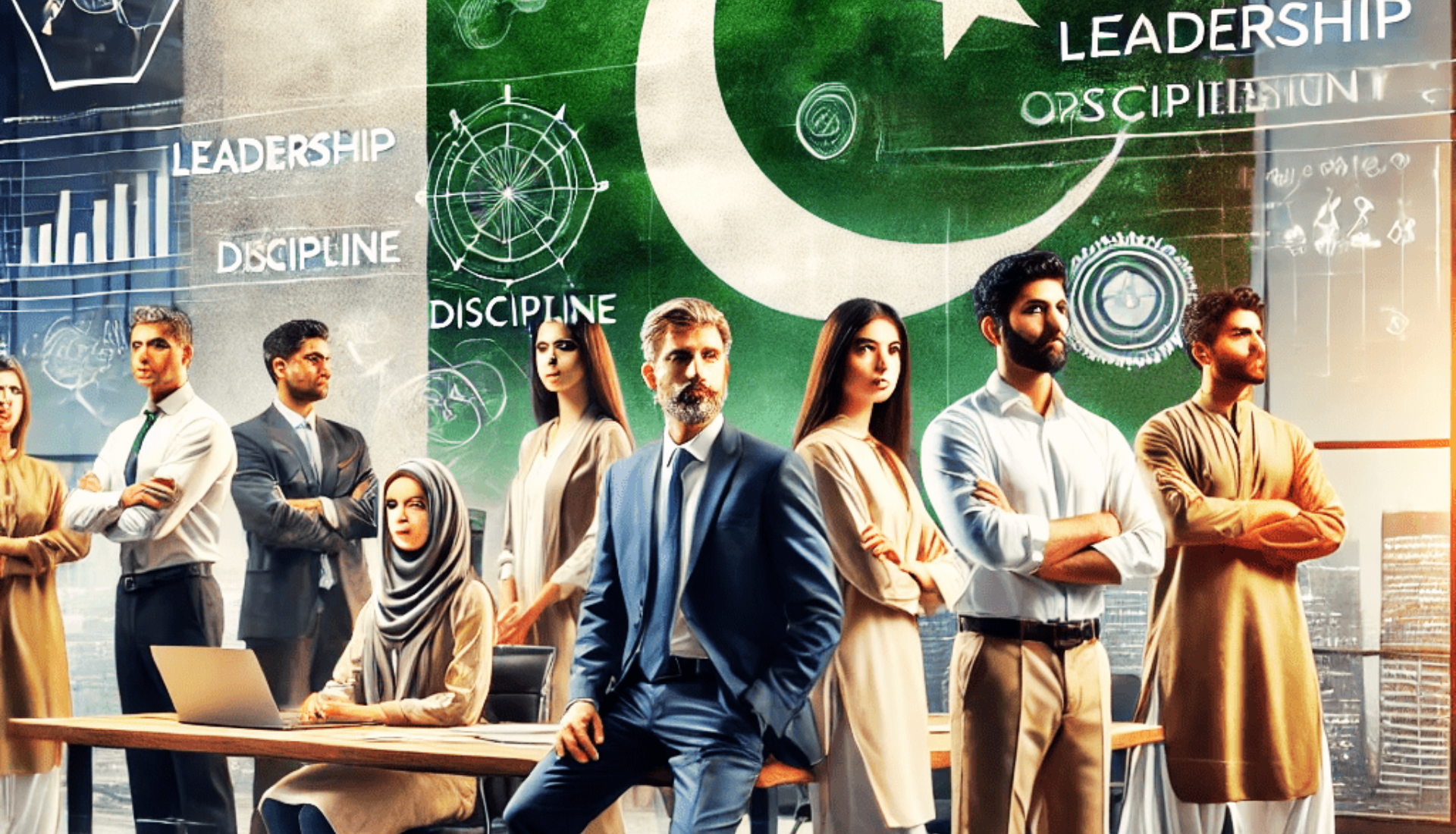
Pakistan’s youth must reclaim purpose and leadership to counter apathy, brain drain, and drive national progress through action.
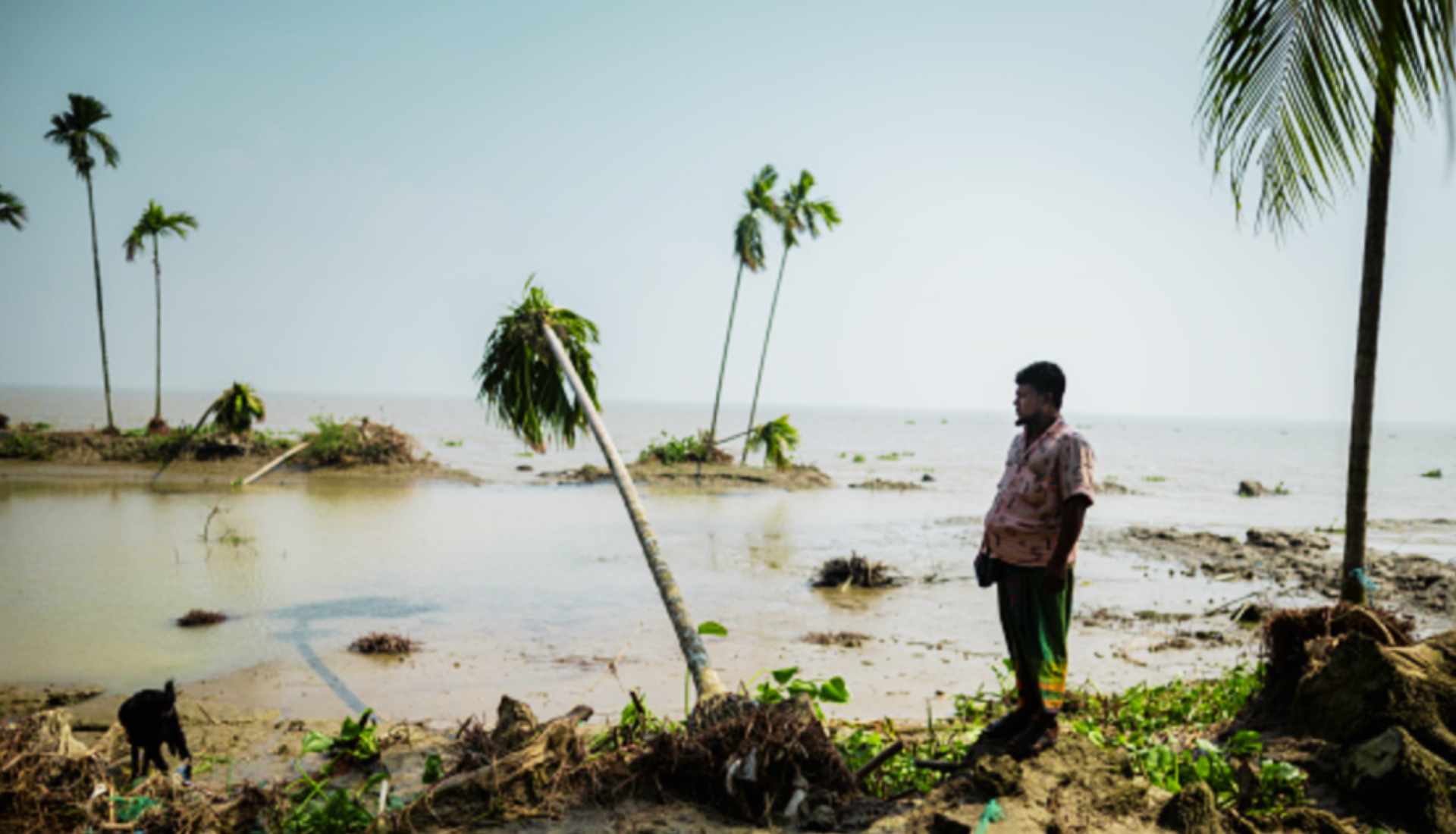
Water scarcity is reshaping South Asia as climate change, outdated treaties, and rising demand turn rivers into sources of conflict.

International law was never truly independent. Once the guarantor of the system breaks the rules, the law becomes a tool for power, not principle.